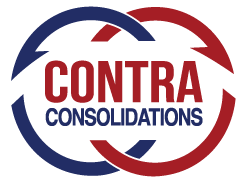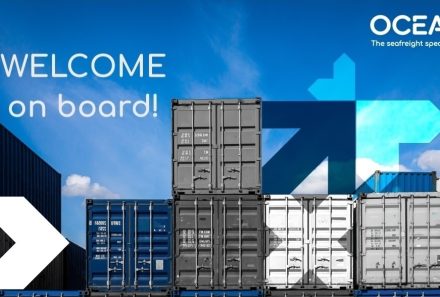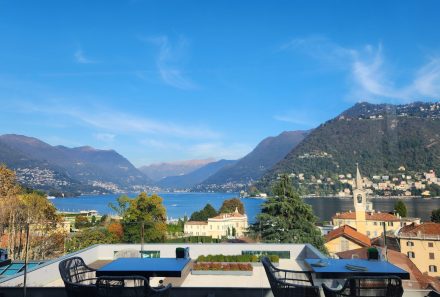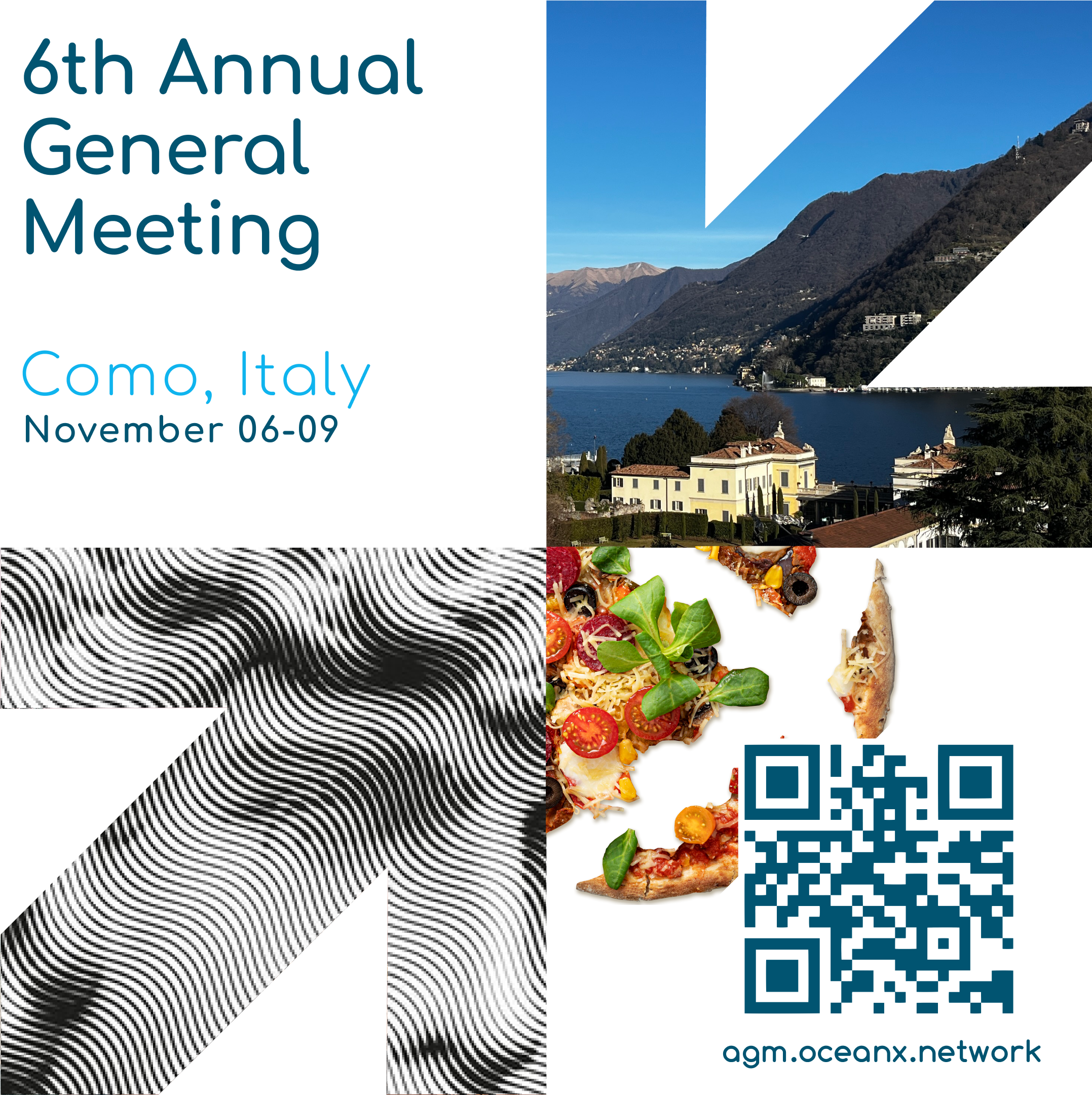
South Africa Market Report
This October saw an exciting visit to South Africa, catching up with members and market players.
Market situation
South Africa’s population continues to grow since the 1990, where it was home to 36 million people, to 51 million in 2010 and almost 58 mio in 2018, thus also consumer demand keeps rising. Fertility rates have declined from 4.0 in 1990 to 2.4 in 2018 and life expectancy was maintained around 64 years, thus natural population growth is slowing, while net migration by official numbers is still above 760,000 per year.
The WEF latest competitiveness report from this month, sees South Africa improving, climbing 7 places to 60th in the world and they see the country as gaining momentum after the recent political landscape shift. However the World Economic Forum also confirmed security, transparency and the governments adaptability to change remain key issues for competitiveness.
Ernst & Young’s recent Africa attractiveness report, also has a positive outlook for South Africa, seeing the new president as bringing the hope of a new bold vision based on enhanced economic growth. They also note South Africa as the second largest destination for foreign direct investment after Egypt. However, citing the severe currency depreciation combined with overseas debts as a key risk for the economy.
The Worldbank is reporting economic growth at 1.3% in 2017, 0.8% in 2018 and projecting 2019 at 1.3% which they see accelerating to 1.7% in 2020. However, given population growth, the GDP per Capita has hardly moved since 2014 and thus poverty not reduced. Further the dependency on commodity prices, as a major exporter of minerals and importer of oil, do remain a concern in their view. One of the highest inequality ratios in the world remains another key issue from the Worldbank’s perspective. In particular “intergenerational mobility is low meaning inequalities are passed down from generation to generation with little change in inequality over time. Not only does South Africa lag its peers on level of inequality and poverty, it lags on the inclusiveness of consumption growth.”
Unemployment numbers vary greatly in the reports and are officially around 27-28%, with young unemployment at 55%, being evidence for the education system that does not produce the skilled labor required in the market.
Realities on the ground, talking to business partners, members, friends, restaurant staff and Uber drivers are lacking some of the positive prospects that the reports might indicate. Emigration is a big subject for those that can consider it. Security, corruption and government inefficiency remain key concerns. So have power outage schedules due to lack of coal based on mismanagement returned to the country impacting businesses on an almost daily basis. On the lower end of society, the minimum salary of 3500 Rand that was introduced is not even sufficient to pay fees for governmental schools of the average 2.4 children in a household. Further problems on that lower end come from illegal immigration that is putting further pressure on the unskilled job market, with migrants accepting much lower salaries and thus causing the basis for the current xenophobia rooted violence.
The South African shipping market remains very segmented with the different roles, of Customs Clearing Agent (direct customer relationships), neutral NVOCCs/Consolidators and Carriers clearly assigned, making neutrality an important success factor in the NVOCC/Consolidator segment. Despite a large amount of players in the market, the amount of strong, independent local logistics companies remains limited, as they tend to get acquired by global players and international firms.
While there remain opportunities, even in a market that is relatively flat, only a few companies that we met have positive developments, reporting growth, while other are reducing headcount and resources.
Especially the import business has become very hard, with customs clearance companies increasingly financing their customers business, with extended credit terms and thus shouldering more and more risk in a high interest environment. A race to the bottom that has some players actively neglecting the import market.

Contra Consolidators / OceanX Member
The leading independent and neutral consolidator in South Africa, continues to grow progressively, building on a great team and smart services, now going into its 15th year. With offices in Durban, Johannesburg and Cape Town, and regular consolidation services to/from all over the world and into neighbouring African countries, Contra is using Cargowise and is investing heavily is ensuring the system delivers for them, some of the highlights are integration programs with agents, customers and suppliers, system driven work flows, all these initiatives ensure the cargo is handed at the highest level whilst delivering great value for those working with Contra, as a full service neutral forwarder ( Air Sea and Road) they can support any member requirements. An exciting expansion into further African countries is underway.
Key Contacts:
Martin Schulze, martins@contracon.co.za
Bronwyn Cuthbert, bronwync@contracon.co.za

AMI Manica South Africa / OceanX Member
Our member AMI Manica has a strong experience in the project cargo sector and gateway business moving through South Africa. With own inland offices, a dedicated trucking fleet and representatives at the South African land borders they are providing services to/from Namibia, Zimbabwe, Mozambique, Botswana, Lesotho, Zambia and Swaziland.
Key Contacts:
Arjun Menon, arjunm@ami-worldwide.com
Pramod Raj, pramod@ami-worldwide.com

PSL Trading / OceanX Member
Our Network Ambassador, Peter Schmidt-Löffler, has a broad experience in the South African logistics market and is today running a logistics consulting and trading business in South Africa, happy to support members on any related enquiries.
Key Contact:
Peter Schmidt-Löffler, peter@psltrading.co.za
About OceanX
OceanX is a non – exclusive global network of leading ocean freight providers and NVOCCs dedicated to delivering bespoke innovative solutions, in particular on FCL services, LCL consolidation, dangerous goods and chemical logistics, temperature control, as well as project cargo handling.


